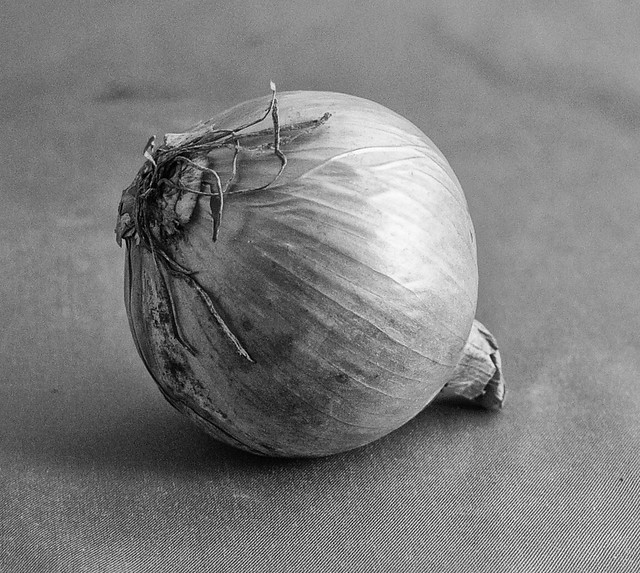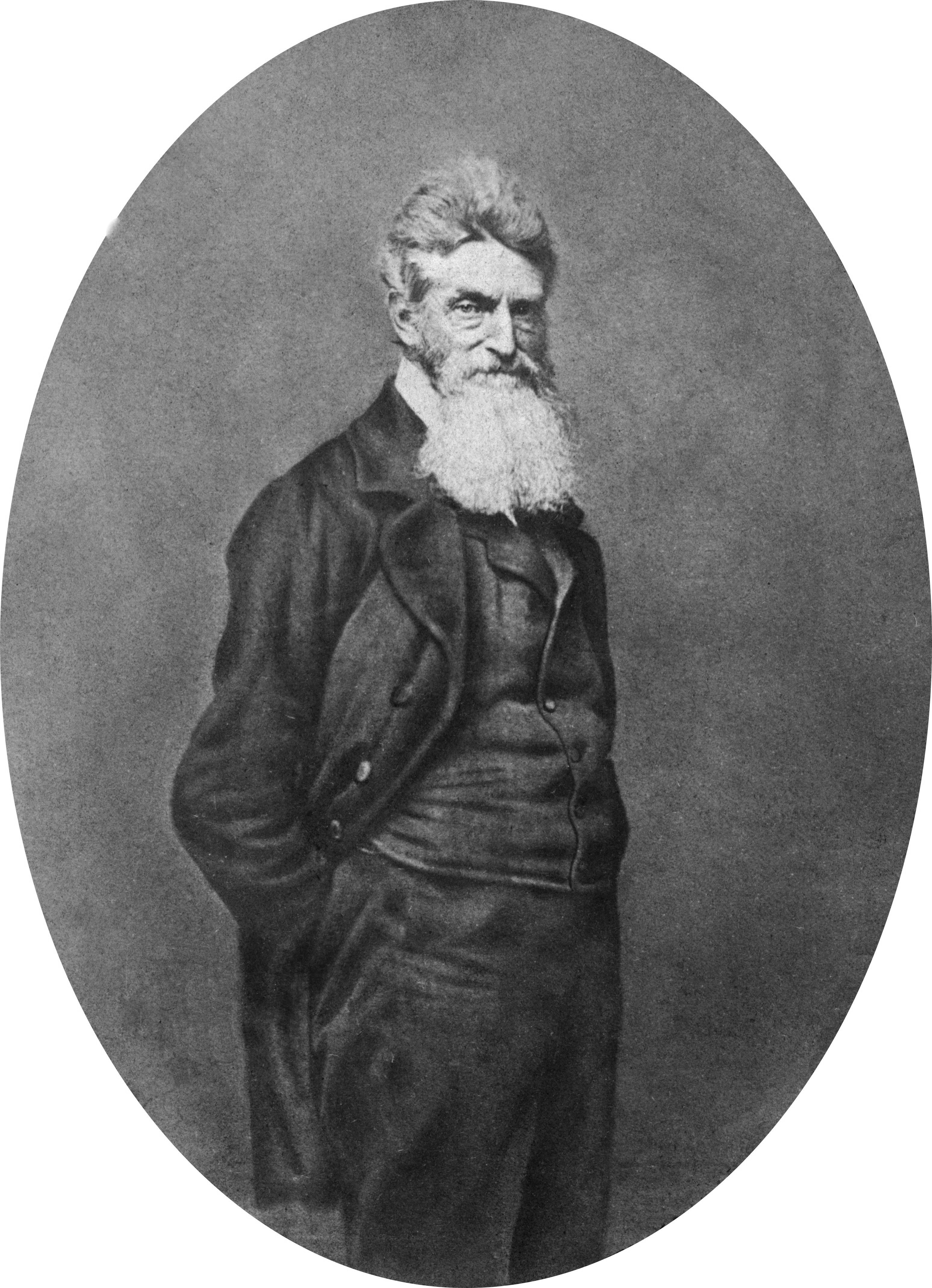Being the founder of Literary Masters, a literary society of over 200 members (and growing rapidly--thank you, all of you!), I read A LOT. So, perhaps I am more critical than most. I don't want superfluous words or pages; I want tight writing. Now, I have to thank those over at the National Book Award for introducing me to James McBride--wow, can he write! His novel, The Good Lord Bird won the award this past year, and I just finished it. I have already requested Song Yet Sung from the library. This author can write--his use of language is truly inspiring--and he can spin a tale that will keep you turning the pages--and he can tug at your heartstrings while tickling your funny bone. He really can write! The only gripe I have with this book is that it's too long--it needed an editor. I couldn't put the book down for the first 100 pages, but the next 200 were inconsistent--too much repetition and scenes dragged on a bit. The last 100 pick up speed again--and when I say speed, I mean page-turning into the wee hours of the night speed. So, that's my uber-critical take on this otherwise outstanding novel. Is it worth reading? Yes! Is it worth discussing with your book group? Yes!
So what can your book club discuss?
Warp-speed plot summary: It's 1856 and Henry, a slave in Kansas Territory (where pro-slavers and anti-slavers are up against each other), meets Old John Brown, the legendary abolitionist. Old John Brown, who sees things the way he sees them, not only gives Henry a new name--Onion, he also gives him a new gender, turning him from Henry to Henrietta. Onion joins John Brown, or the Captain, on his quest to free all the slaves--just as God has ordained--and travels with him for the following years until the big event at Harpers Ferry, which will precipitate the Civil War.
Henry tells us the story and rips us along on his adventure much like he was ripped along by Old John Brown. Fasten your seat belts, for you are in for a ride!
You'll want to discuss the language!!! You'll want to savor it for sure, but you'll want to consider why the author used this sort of wild west/Huckleberry Finn/caricature style to tell his tale. How does it affect your reading experience? How does it affect the meaning of the book for you? What purpose does the humor serve?
You'll want to discuss why Henry becomes Henrietta for so long, and what makes him revert to Henry. Are identity issues being explored here? Or is it saying more about Old John Brown's view of the world, seeing what he wanted to see. Or is John Brown creating the world he wants? Is Onion able to do more as a girl than a boy? Or is the author subverting traditional notions of male/female abilities? Is he making a statement about the time, 1856?
You'll also want to discuss why Onion is half black and half white. Is this significant? Onion is a child, so he can see things to which adults have become blinded. Does his straddling the two races give him insight that others do not have? And he is also straddling two genders, so he's got quite a lot going on. What significance does all this hold? And why "Onion"?
You'll want to discuss Onion in depth. Hero? Villain? Neither? Reliable narrator? What does he learn on his journey? What was his purpose to Old John Brown?
You'll want to discuss Old John Brown in depth also. Hero? Villain? Neither? You'll want to talk about his religious zealotry, his motivations for abolishing slavery, his tactics for doing so, and whether this portrait of him is fair. What values and mores informed his actions?
You'll want to discuss Frederick Douglass and his portrayal in this story. What point is being made by his characterization?
You'll want to talk about the role of slaves and the role of free blacks in dealing with slavery and abolition. This book makes it clear that it was a complex issue, so you'll want to "dig deep" into what exactly the book is saying about this.
You'll want to discuss the title and the significance of the bird itself and of the feathers from that bird. Are the colors significant?
You'll want to discuss whether this is an important book and why or why not. Is it an essential addition to the literature about slavery and the civil war? Can it help race relations today?
And of course, you'll want to talk about the messages or overall point of the book. You'll want to ask yourselves, What is this book about???
There's lots more to discuss, but that ought to get you started! Enjoy!
WHIRL (What Have I Read Lately) Books is a site for readers to find books for themselves and their book clubs. Liz at Literary Masters runs book groups and literary salons where we "dig deep" into literary treasures.
Thursday, May 1, 2014
Should Your Book Club Read The Good Lord Bird by James McBride?
Subscribe to:
Post Comments (Atom)







Thank you for your discussion topics. The questions are a lot meatier than the ones provided by the publisher. We're reading this book next month for our book group. Highly recommended! Also thanks for the pictures.
ReplyDeleteThanks for taking the time to comment, Kimby, and thanks for your kind words. I hope your book group has a great discussion! If you are on Facebook, "like" Literary Masters and you'll see whenever I post a new review on my blog. Spread the word to all your book loving friends!
ReplyDeleteHi Liz, I "liked" your Facebook page. But I must add one note about your bird photo above. During my research, I discovered this about the book title.
ReplyDeleteThe Ivory-billed Woodpecker is also referred to as "The Grail Bird" because seeing it in person is considered the "Holy Grail" of birding. President Teddy Roosevelt referred to it as the "Lord God Bird" because when people saw it they would often shout, "Lord God, what a bird!" The last confirmed sighting of the Ivory-billed Woodpecker was in 1944, and after that, it became a kind of ghost. Today it's fighting its way back from the brink of extinction and the last confirmed sighting was in 2004.
So, the photo you have above is a Red-bellied Woodpecker, and is not the right photo of the bird. Here is a link to an image of the Ivory-billed Woodpecker.
http://www.ivory-bill-woodpecker.com/elusive-ivory.jpg
This is great! Thanks so much--perhaps my growing up in an urban setting, where the birds were mainly pigeons, has resulted in my dismal knowledge of our feathered friends! Thanks for "liking" LM, Kimby, and keep in touch!
ReplyDelete